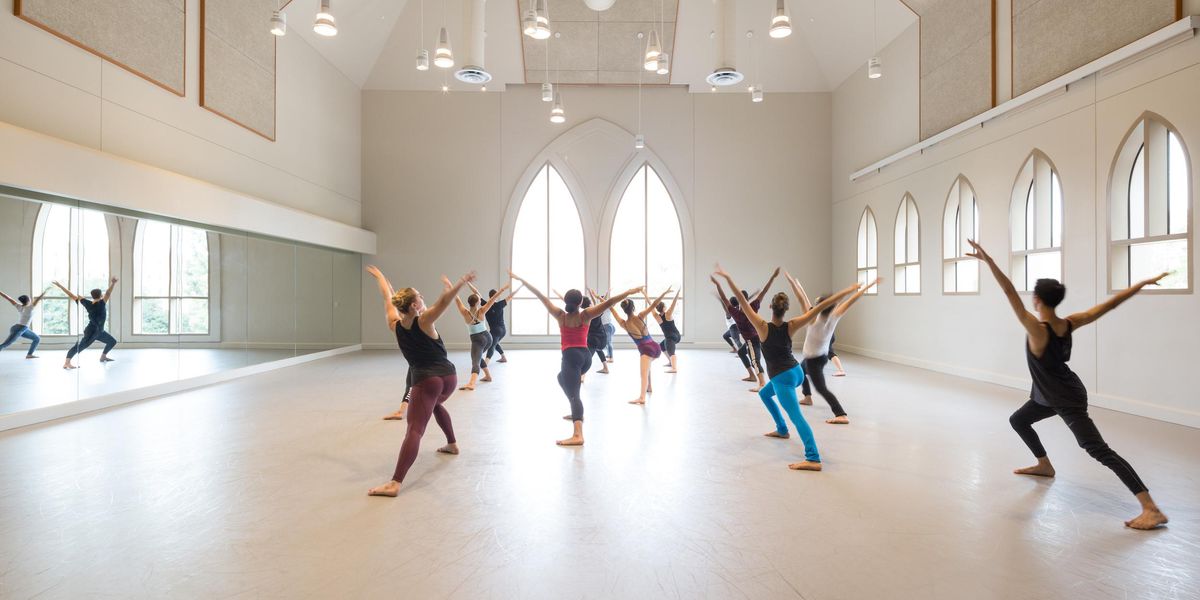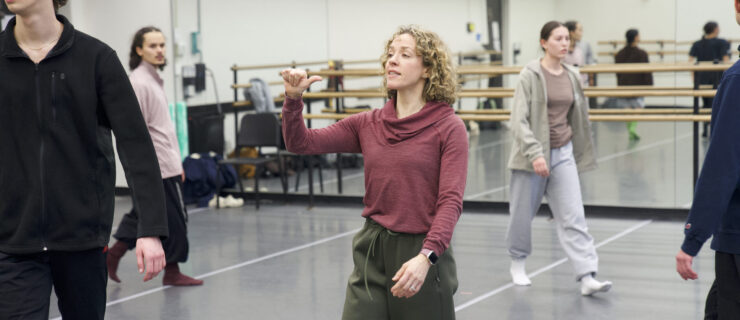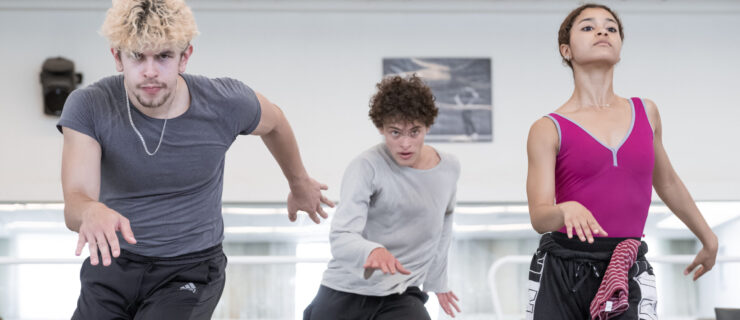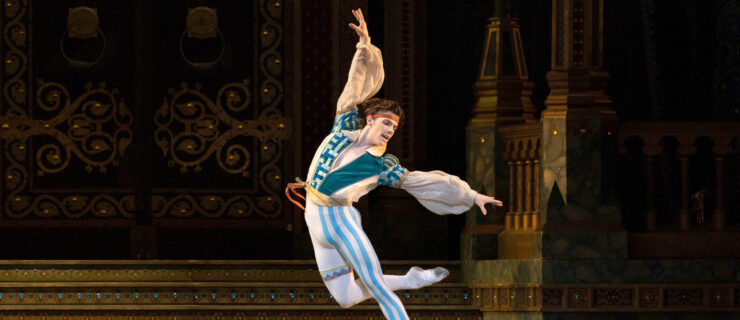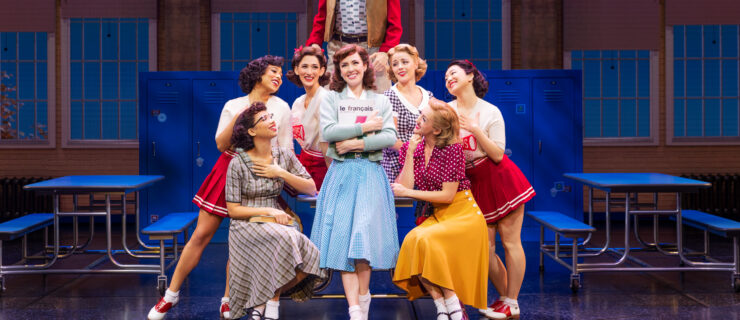Why Sonya Tayeh Hasn't Slept This Month
I’ll admit it: I’ve been a Sonya Tayeh fangirl since I was a teen. Like many aspiring dancers from areas of the country where dance is a less appreciated art form, I watched “So You Think You Can Dance?” religiously. Living in a town hundreds of miles from anything remotely resembling contemporary dance, Tayeh’s first choreographic outings on the show had me cycling through shock, bewilderment and awe in quick succession. The appreciation I gained for the unexpected and athletic served me well when I later transitioned from being a bunhead to a BFA candidate taking contemporary technique and composition. So when I got an email asking me if I wanted to interview her, I immediately said yes (and fangirled internally for the rest of the day).
Sonya Tayeh. Photo by Maria Baranova.
Tayeh (one of our 2009 “25 to Watch”) is perhaps most widely known for her Emmy-nominated work on “So You Think You Can Dance?” In 90-second snippets, viewers are treated to hard-hitting, hyper-physical movement that veers from the hypnotically strange to the delicately, emotionally raw, her solid concert dance foundation shining through as compositional clarity. Since moving to New York, the choreographer has been steadily building a body of work for such disparate destinations as off-Broadway musicals and the Martha Graham Dance Company. Now, she’s raising funds for her first self-produced, evening-length concert piece that will premiere in December through a commission from New York Live Arts. I spoke to Tayeh about the project and the experience of self-producing her work.
You’re at work on your first evening-length dance piece,
you’ll still call me by name. Can you talk a bit about what you’re exploring with it?
It’s about the desire and need for acceptance and mutual respect in your family, and the barriers that it causes when you don’t have that. I think it’s such a universal, ageless idea. I’ve been working on it for about a year and a half.
Did it start as an evening length, or did it evolve?
It definitely evolved. The Bengsons, Joanna Lampert and I were in the midst of recording these conversations about our family, and we were asked to do this works in progress show. We got into the space the first time and were just spewing ideas—it was crazy how fast it came about. So we did about 12 minutes, and the crowd really took to it. It was such personal responses that I knew there was something there.
Photo by Shervin Lainez
How has your success on “So You Think You Can Dance?” impacted your work in concert dance?
It’s been amazing and challenging. SYTYCD changed my life, but they’re really short pieces, so the concert world questions whether you can do a full length work. It just takes people getting to know me and understanding my story. I didn’t start on SYTYCD—I was immersed in other forms of dance prior to that. I have my degree in dance, I was in concert pieces, I took Graham. I’m knowledgeable in that sense, it’s just a matter of people understanding the root of who you are, and showing them that you’re going to do the work. At NYLA I’m under the direction of Janet Wong and Bill T. Jones, so I better have my stuff together!
You self-produced this work. Was there anything that surprised you about that process?
Raising money is really difficult! Any time I do a project I do everything in my power to pay who is helping feed this project. It’s never easy, and it’s not always possible. The beauty of getting a commission is that they give you an amazing amount of space to rehearse and then a show in their theater. But they give you a small portion of money and then you raise the rest. I promised myself that I was going to use the people that I dreamed of using, and that I would do anything in my power to raise the money. We’re 75 percent funded on Kickstarter, which is exciting, but with Kickstarter, if you don’t raise all of the money you don’t get the money, so I’m hoping we make it. My goal is to pay the designers and dancers what their fee is, as opposed to paying them whatever we can pay them.
Funding is always a challenge, isn’t it?
I haven’t slept in a month, honestly. But it’s also been really inspiring; it made me remember how human I am. Sometimes in this industry people think you’re invincible. Especially the way I look and speak, people think I’m just this beast of a person that doesn’t carry vulnerability, and it’s frustrating. I am, I’m nervous, and to share that with my students really has put us into an even playing field that I’m really enjoying.
Do you have any advice for up-and-coming choreographers who want to self-produce?
When you have a big dream, do the work. Be honest about what you need, be demanding about who you want in your team and your crew. Don’t lower your abilities, really strive for it. In terms of raising money, it takes bravery to talk about yourself, to talk about why this piece is important. It takes a lot of work.
